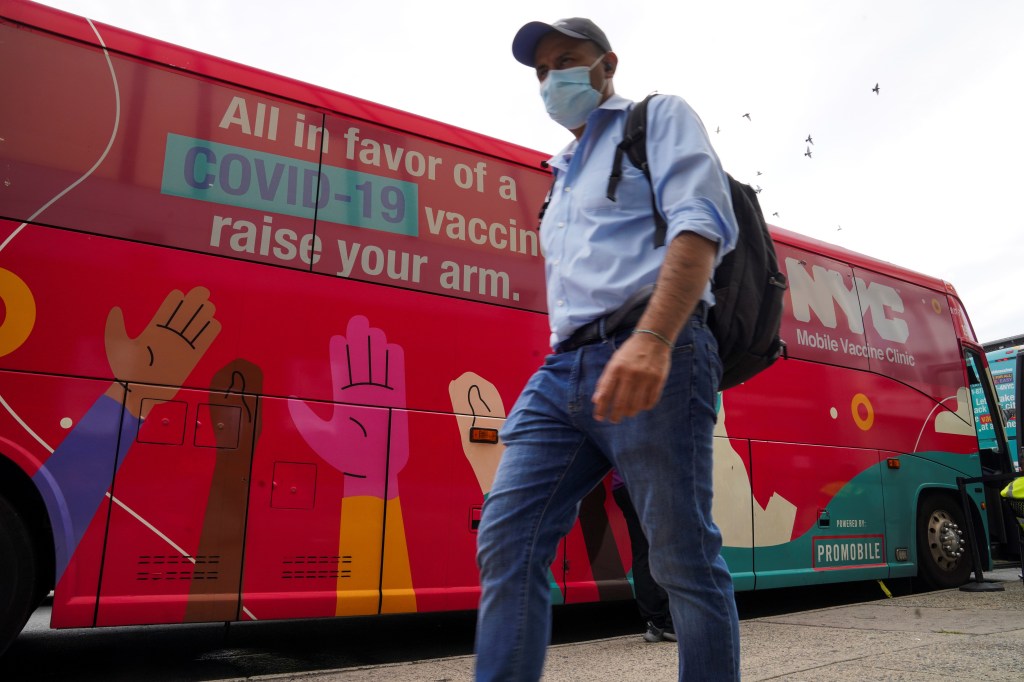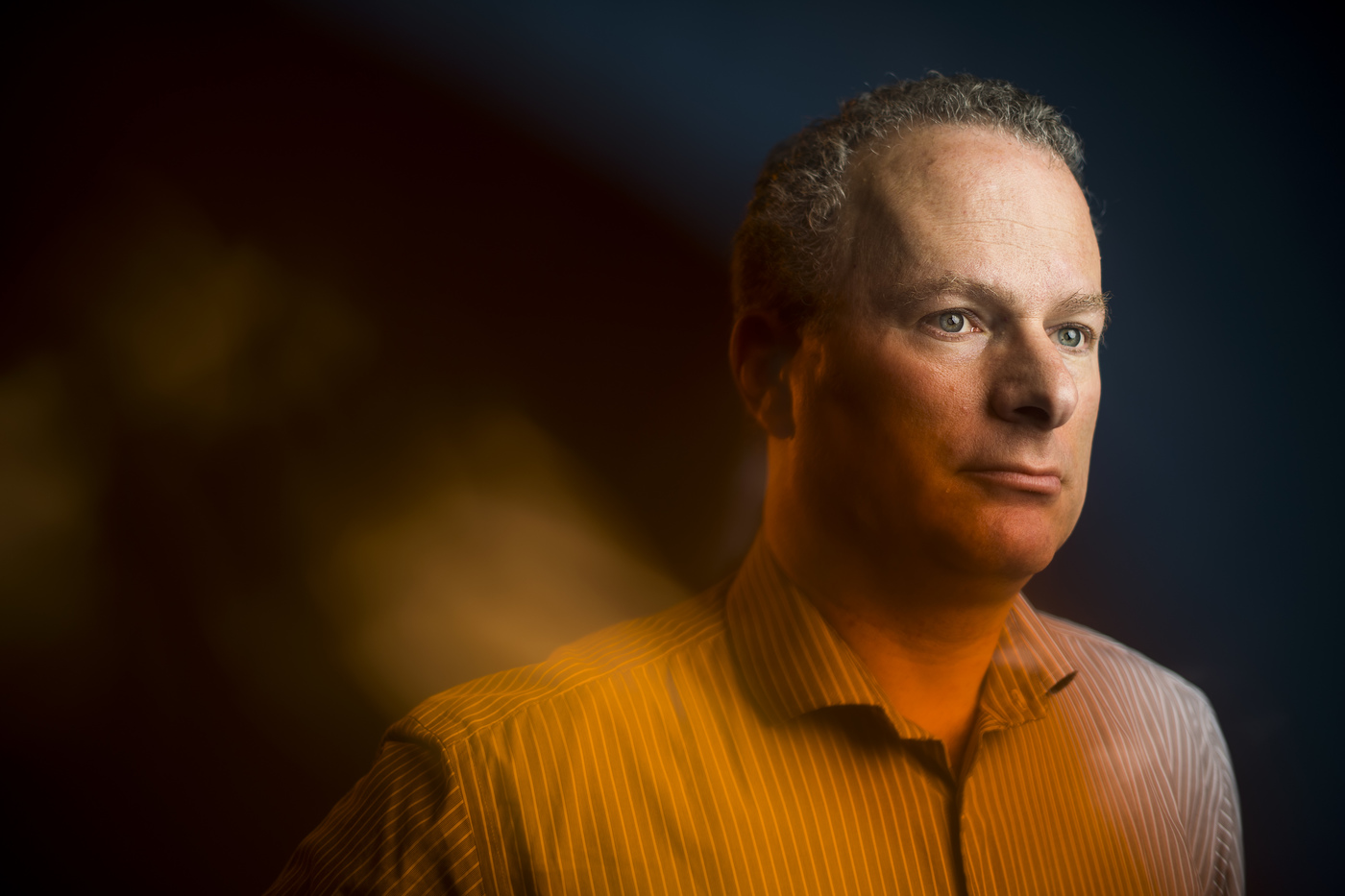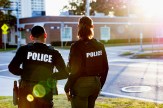Why aren’t the unvaccinated getting their shots?

With COVID-19 cases flooding emergency rooms and deaths on the rise among the unvaccinated, Northeastern researchers wanted to know why a sizable portion of the United States remained wary of or flat-out opposed to vaccines.
In their first direct questioning of unimmunized people, researchers learned that wide-ranging concerns about the potential risk of the vaccines, including possible side effects such as blood clots and heart inflammation, were the top reasons given by more than half (56 percent) of the unvaccinated people who participated in a study released Thursday.
There were also worries about how vaccines would impact existing health conditions such as allergies. Some respondents felt that the vaccines had not been tested enough to guarantee that problems won’t pop up years from now.

Convincing people to change their minds and get inoculated points to longer-term questions around increasing trust in institutions, says David Lazer, distinguished professor of political science and computer and information science. Photo by Adam Glanzman/Northeastern University
The following are some of the actual responses that unvaccinated people provided to the Covid States Project, a collaborative effort by researchers from Northeastern, Harvard, Northwestern, and Rutgers.
Comments have been edited for brevity:
- “I’m worried about the effects it could have on my heart, as I saw stuff in the news about it affecting young males’ hearts.”
- “Severe reactions to vaccines in the past, was told by doctor never to get vaccinated for any reason. Allergic to too many things.”
Another 15 percent of unvaccinated respondents reported a deep mistrust of government and other institutions that vouch for the safety of vaccines, followed by 10 percent who do not believe the coronavirus poses considerable risk to them. Here are some of their reasons:
- “I don’t always trust what the government tells us.”
- “I do not trust the government as a Black woman, they are pushing a little too hard for people to take this when other infectious diseases are treated as cash cows.”
- “I don’t need a vaccine for something that has a 99.9% survival rate.”
In all, more than 1,000 people—both vaccinated and unvaccinated—participated in the national survey; 33 percent of which said they had not yet received their shots. Most of those (18 percent) responded with a hard and fast “no” when asked if they would get inoculated; 15 percent said they were at least open to the idea.
The survey was conducted over the summer, weeks before the Food and Drug Administration gave full approval to Pfizer’s vaccines. But the FDA action isn’t expected to trigger a rush to get shots, says David Lazer, university distinguished professor of political science and computer sciences at Northeastern, and one of the researchers who conducted the study.
“There may be a modest shift of a few points in the pro-vaccine direction, but the hardcore vaccine resistant probably are not going to shift very much,” he says. Lazer and other researchers are currently out in the field conducting a separate survey to see if mistrust of institutions is too deep-seated to spur vaccinations.
“If you don’t trust the FDA, and then the FDA says ‘OK, all is good now,’ we probably won’t see dramatic changes,” he adds.
Trust in hospitals and doctors, on the other hand, ranked highest among institutions, with 92 percent of respondents believing in them, followed by scientists and researchers at 86 percent. Trust begins to wane steadily when respondents were asked about government agencies, drug companies, and the White House.
The news media and social media companies were the least trusted. Lazer says news coverage may be fueling a “see, I told you so” moment among people on both sides of the vaccination issue.
“That’s how humans are,” he says. “They interpret the evidence according to their predispositions.” The media’s relentless focus on breakthrough cases involving the highly contagious Delta variant has contributed to a “man bites dog” slant toward the sensational that feeds into some of these predispositions, Lazer adds.
“‘See, the vaccines aren’t protecting people because people are getting sick,’” he cites as an example. “The reality is that being vaccinated dramatically reduces your odds of getting sick and dying.”
The U.S. vaccination rate has slowed after a strong start, putting the country second to Russia among countries with the highest vaccine hesitancy, according to Morning Consult, which conducts over 75,000 weekly interviews across 15 countries on the COVID-19 vaccine rollout.
U.S. President Joe Biden announced a number of sweeping actions to spur some of the nearly 80 million Americans who are eligible for shots but have not been vaccinated. He is requiring the vast majority of federal employees to get vaccinated or face disciplinary action. Companies with more than 100 employees are also impacted.
“We can and we will turn the tide,” he said at the White House on Sept. 9.
Lazer says convincing people to change their minds and get inoculated points to longer-term questions around increasing trust in institutions.
“That’s not going to happen within months, unfortunately,” he says.
But a big effect of the FDA green-lighting the Pfizer shots is that some institutions will feel more comfortable mandating vaccines, but probably not in states where there’s less political support for mandates. The result is dramatic differences in vaccination rates based on regional politics.
Indeed, within parts of the country where there is political acceptance of vaccinations, “I do think that we will see institutions, especially educational institutions and employers, really start to put pressure on people to get vaccinated,” Lazer says.
For media inquiries, please contact media@northeastern.edu.





